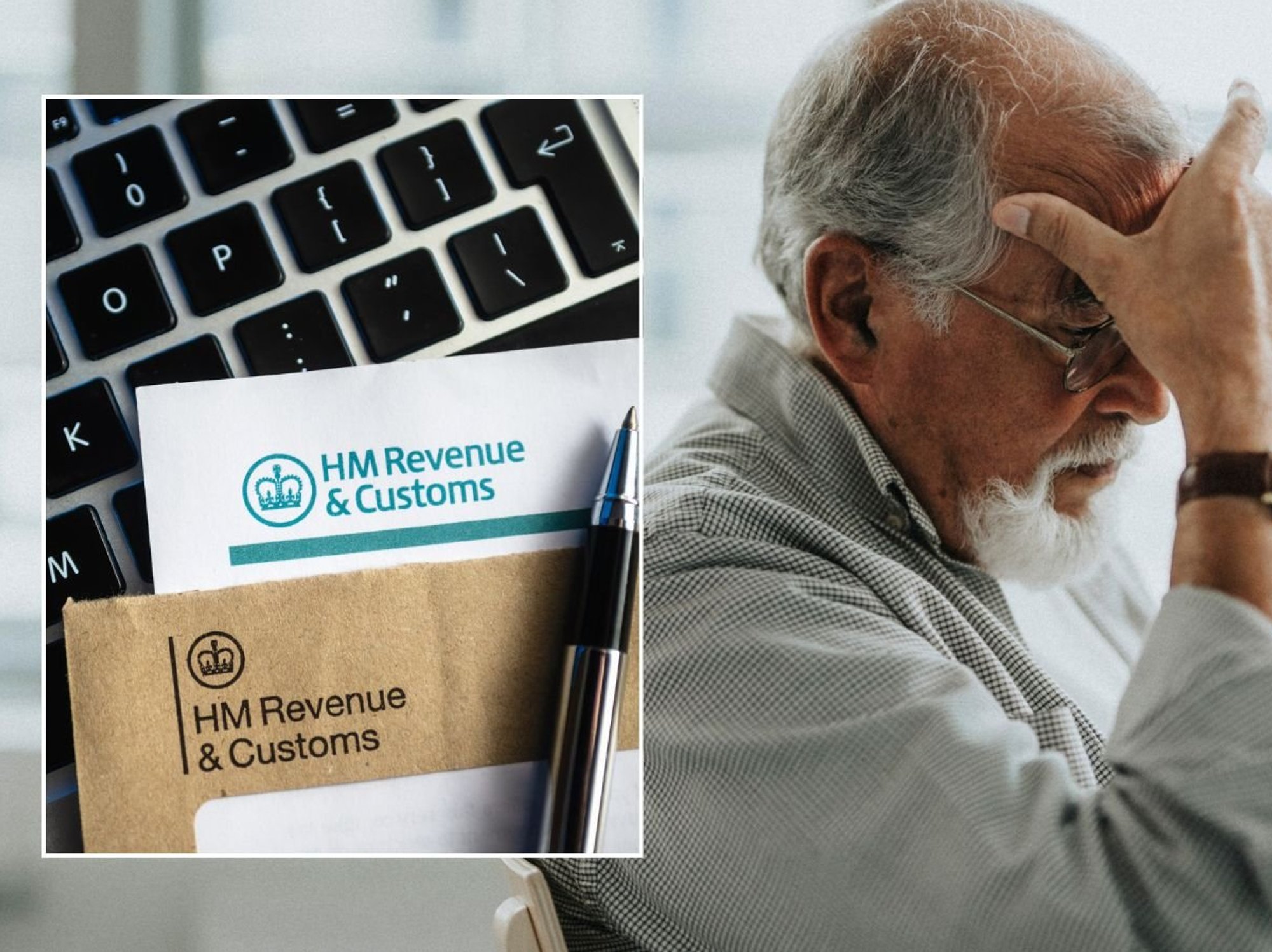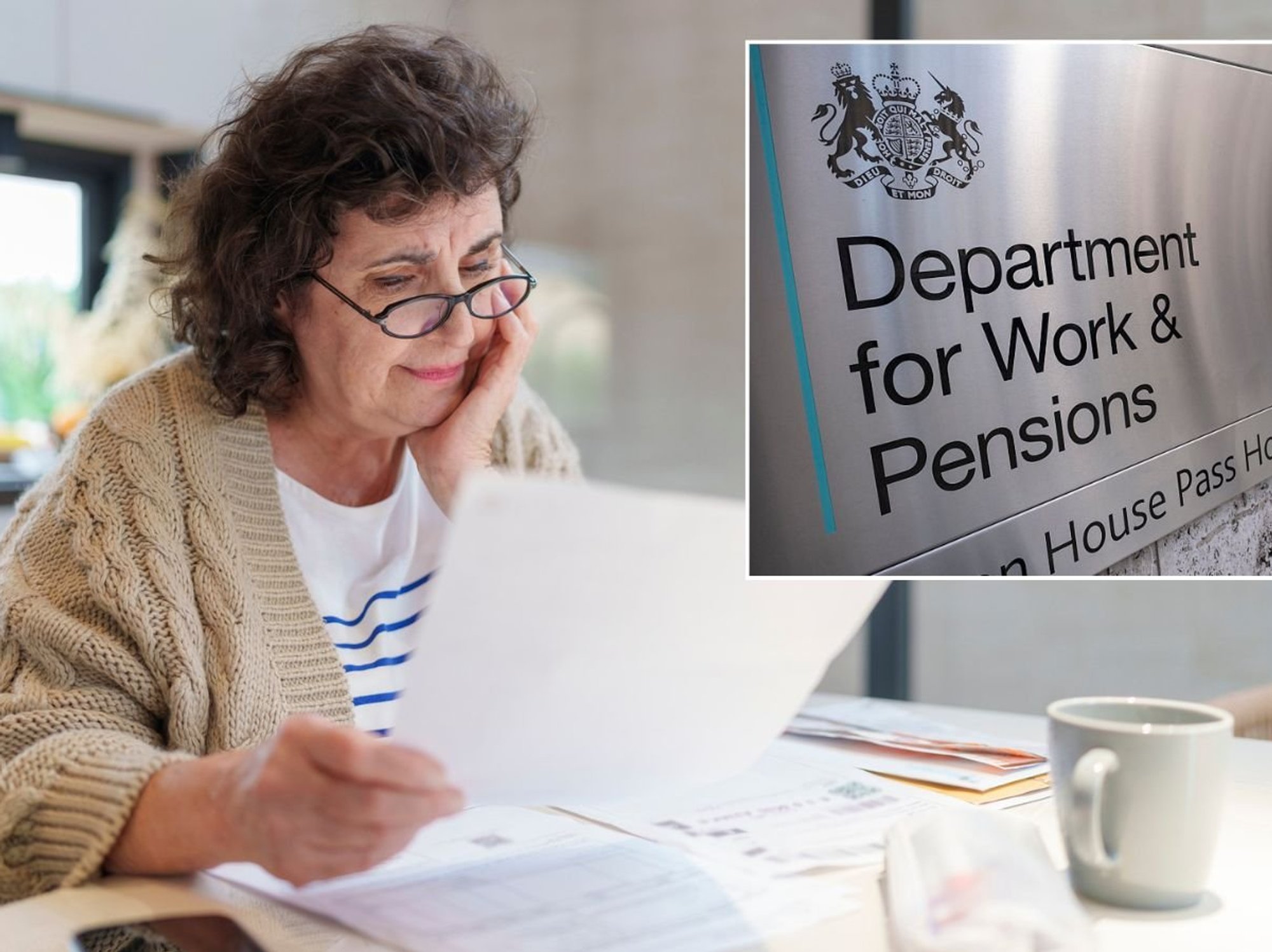DWP confirms launch date for 'biggest benefit fraud crackdown' as Labour to access bank accounts
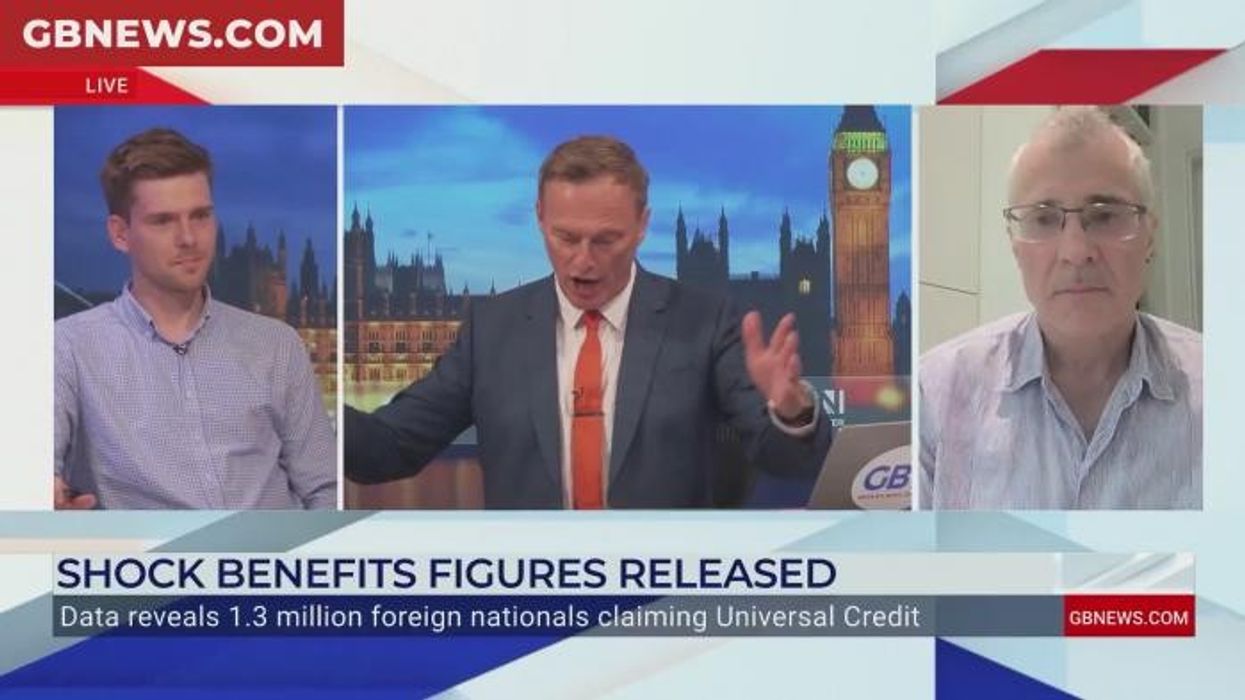
Huge row erupts on GB News over migrants on benefits |
GB NEWS

DWP minister Liz Kendall has pledged to tackle benefit fraud in the UK
Don't Miss
Most Read
Latest
Ministers have set April 2026 as the launch date for controversial new powers allowing banks to help identify potential benefit fraud, with the measures expected to save taxpayers £1.5billion over five years.
The timeline emerged in newly released Government factsheets detailing how the Public Authorities (Fraud, Error and Recovery) Bill will operate.
The Department for Work and Pensions (DWP) characterises the initiative as "the biggest fraud crackdown in a generation", targeting losses within the welfare system.
The legislation forms part of the Labour Government's manifesto commitment to ensure taxpayer funds are spent wisely and effectively.
**ARE YOU READING THIS ON OUR APP? DOWNLOAD NOW FOR THE BEST GB NEWS EXPERIENCE**
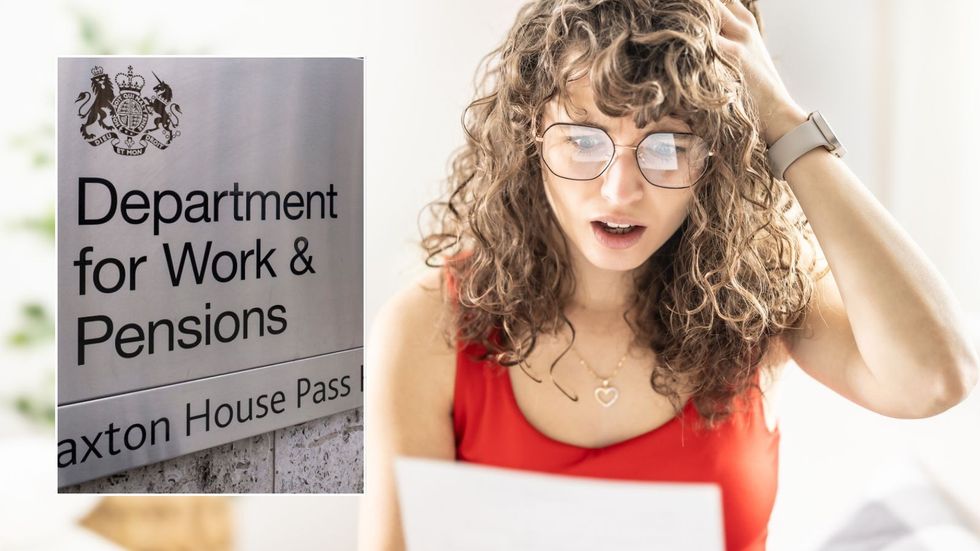
The DWP has been given extra powers to examine bank accounts
|GETTY
Under the Eligibility Verification system, financial institutions will identify customers who might have breached benefit eligibility rules, such as exceeding the £16,000 savings limit for Universal Credit.
Banks will share limited data with the DWP but cannot provide transaction details, meaning officials won't see how claimants spend their money. Financial institutions face penalties if they overshare information beyond what's permitted.
The factsheets stated: "Any information shared through the Eligibility Verification Measure will not be shared on the presumption or suspicion that anyone is guilty of any offence."
It should be noted that the DWP won't gain direct access to claimants' bank accounts but will receive flagged cases for investigation.
Do you have a money story you’d like to share? Get in touch by emailing money@gbnews.uk.
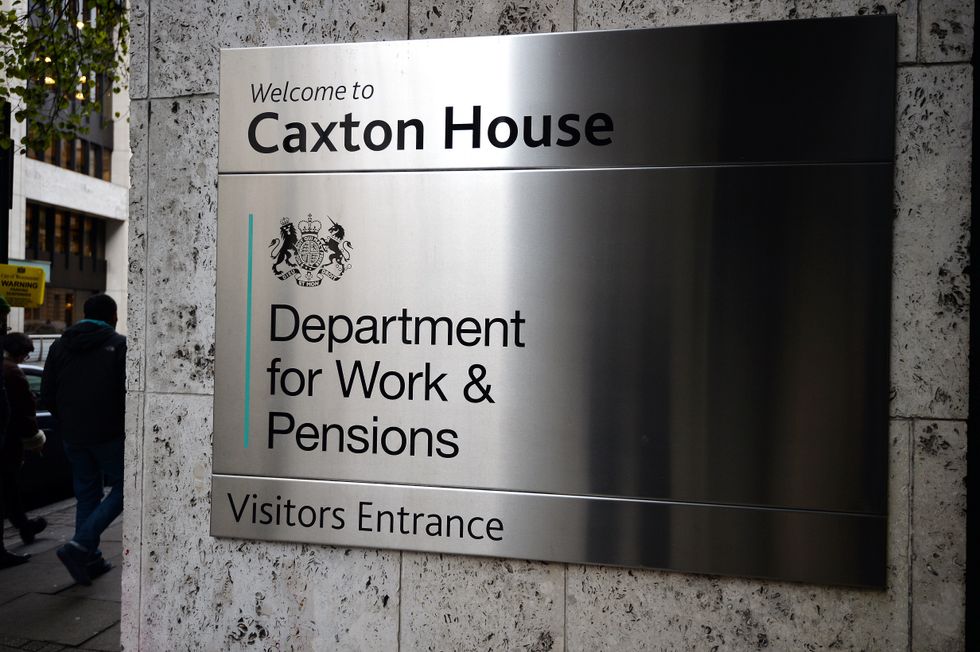 The projected pension rises could bring retirement incomes close to the frozen personal allowance limit | GETTY
The projected pension rises could bring retirement incomes close to the frozen personal allowance limit | GETTYThe new legislation introduces driving bans lasting up to two years for persistent benefit fraudsters who fail to repay their debts.
Officials will gain authority to recover money directly from fraudsters' bank accounts, bypassing traditional collection methods.
Airlines and other third-party organisations must provide information to help detect benefit claims made from abroad that potentially violate eligibility rules.
In recent months, DWP minister Liz Kendall has pledged to clampdown on benefit cheats as part of wider efforts from the Government to tackle fraud.
MEMBERSHIP:
- Rachel Reeves just gifted Richard Tice her chancellorship in 24 hours. Inheritance tax does pay - Kelvin MacKenzie
- Three SHOCK graphs expose who is REALLY crossing the Channel in small boats - and it's NOT women and children
- Mark White's Migration Watch: A mega dinghy and 50,000 arrivals - another disastrous week in the small boats crisis
- You are likely unaware of the term Da’wah. But it is dragging Britain back to the dark ages - James Price
- POLL OF THE DAY: Is the bravery of British soldiers lost in both world wars being forgotten? VOTE NOW
In March, Kendall said: "The social security system that we inherited from the Conservatives is failing the very people that it is supposed to help and is holding our country back.
"The facts speak for themselves. One in 10 people of working age are now claiming a sickness or disability benefit. Almost one million young people are not in education, employment or training - one in eight of all our young people.
LATEST DEVELOPMENTS:
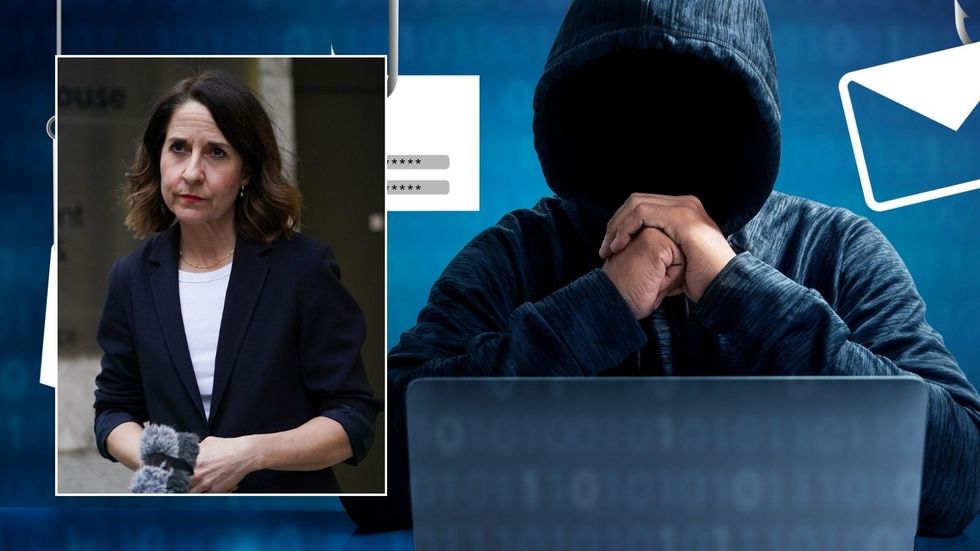 The Government has previously pledged to clampdown on benefit fraudsters | GETTY
The Government has previously pledged to clampdown on benefit fraudsters | GETTY The Government will adopt a "test and learn" strategy when implementing these powers, piloting different approaches to find the most effective methods.
Strong safeguards will ensure appropriate and proportionate use, including new inspection and reporting mechanisms with clearly defined scope and limitations.
DWP staff will receive comprehensive training to the highest standards before using these powers. The Public Sector Fraud Authority gains enhanced capabilities, including powers of entry, search and seizure for serious criminal investigations, reducing burdens on police forces.
The authority can also act on behalf of other departments and create specialist time-limited powers for crisis management situations, building on lessons from COVID-19.
More From GB News









